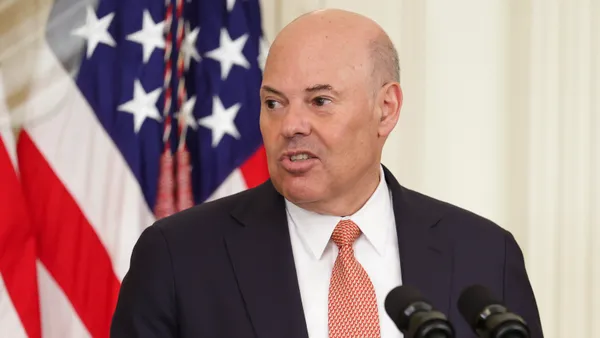Dive Brief:
- Being "on call" continues to be a serious issue for many American workers, and a recent class-action suit filed in Massachusetts against the United Parcel Service (UPS) goes right to the point, according to an article at Consumer Affairs.
- When employees come to work as scheduled but are sent home with no pay due to a lack of work, it's disruptive and makes their lives difficult. In some cases, local ordinances try to protect those workers. But generally, there is little legal protection.
- In the UPS lawsuit, the named plaintiff says Massachusetts law is clear on the issue of "reporting pay" by requiring employers to pay employees for at least three hours of work at minimum pay for shifts canceled or shortened once the workers shows up for work. In this case, the plaintiff says his shifts were constantly canceled or reduced.
Dive Insight:
According to Consumer Affairs, the plaintiff complained but was told, "that's just the way we do it here," and the lawsuit seeks class status to represent other UPS hourly employees in Massachusetts that have faced similar experiences.
Andrea Gold, one of the plaintiff attorneys, told Consumer Affairs the law is clear — if an employee shows up for work as scheduled, he or she is entitled to compensation.
The National Women's Law Center maintains use of on-demand scheduling is on the rise across the U.S., and the practices, often called "just-in-time" scheduling, put the risk and cost of business ups and downs on workers' backs.
According to the article, the federal government currently has no regulations on the issue, but individual states and municipalities have rules and regulations that vary. For example, California, the District of Columbia, New Jersey, New York, and Rhode Island require all non-exempt workers to receive reporting time pay.












